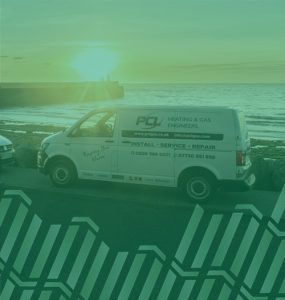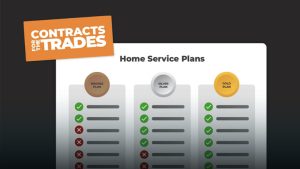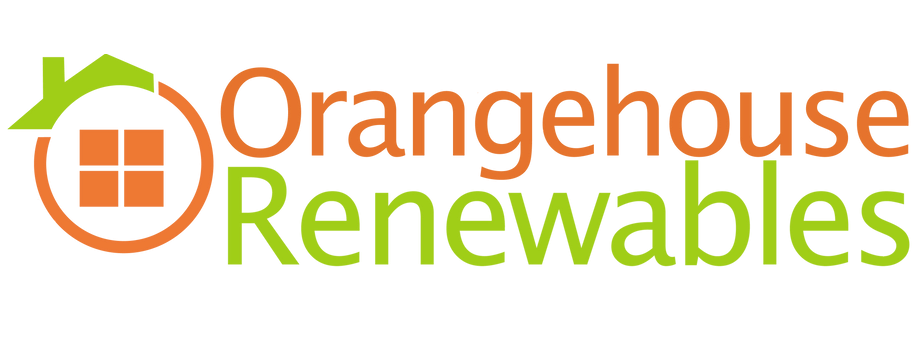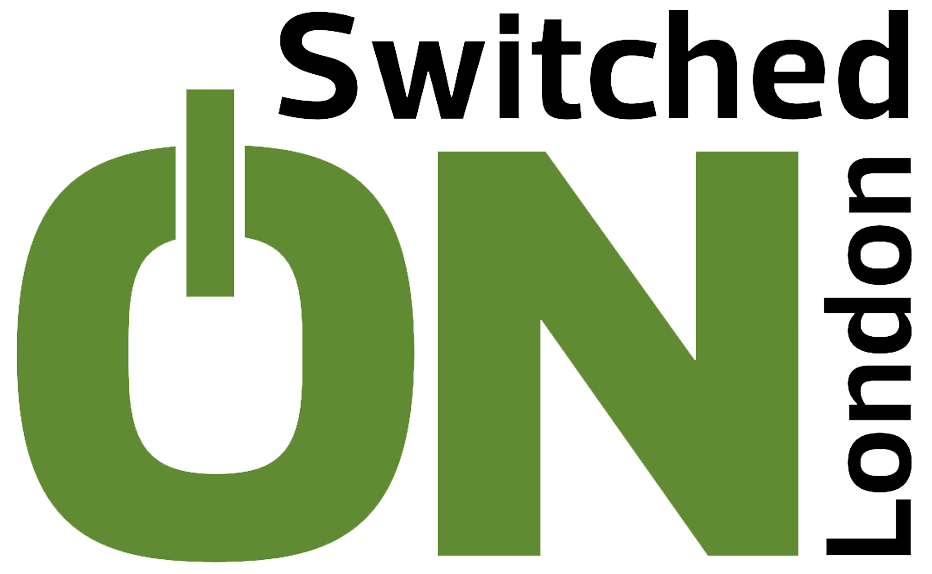The 3 Battlegrounds of Local SEO That You Must Win
May 11, 2022 | Read: 7 minutes

Even as businesses take their operations online to appeal to more customers, your local SEO still matters. Without it, you could lose a lot of business…
Consider that nearly half of all Google search queries are local searches. Even with a broad search that isn’t based on location, Google will typically turn up results that include local businesses.
Furthermore, a lot of searches include the phrase “near me,” so Google started offering geographically targeted searches. These are based on relevance, proximity, and prominence.
So, if your business is close to the area where a user is searching and aligns with their search query, you’re more likely to be seen – but only if your local business listings are optimised.
Local SEO gets your business information out in the world, including your address and phone number.
You can promote your products and services on your website – or in your brick-and-mortar location – and all in a comprehensive listing. Prospects have the option to click on your listing and learn more, make a phone call, or use your address to visit you in person.

The 3 Battlegrounds of Local SEO:
If you’re eager to gain traction in search results for local listings, you tighten up the following areas:
1. Google Map Pack
The Google Map Pack may be the most important battleground of local SEO, though can go by other names:
- Map Pack
- Local Pack
- 3 Pack
Searching for tips to master the Google Map Pack will yield tons of articles, forums, and data, all of which use one of these names. They’re all referencing the same thing, however.
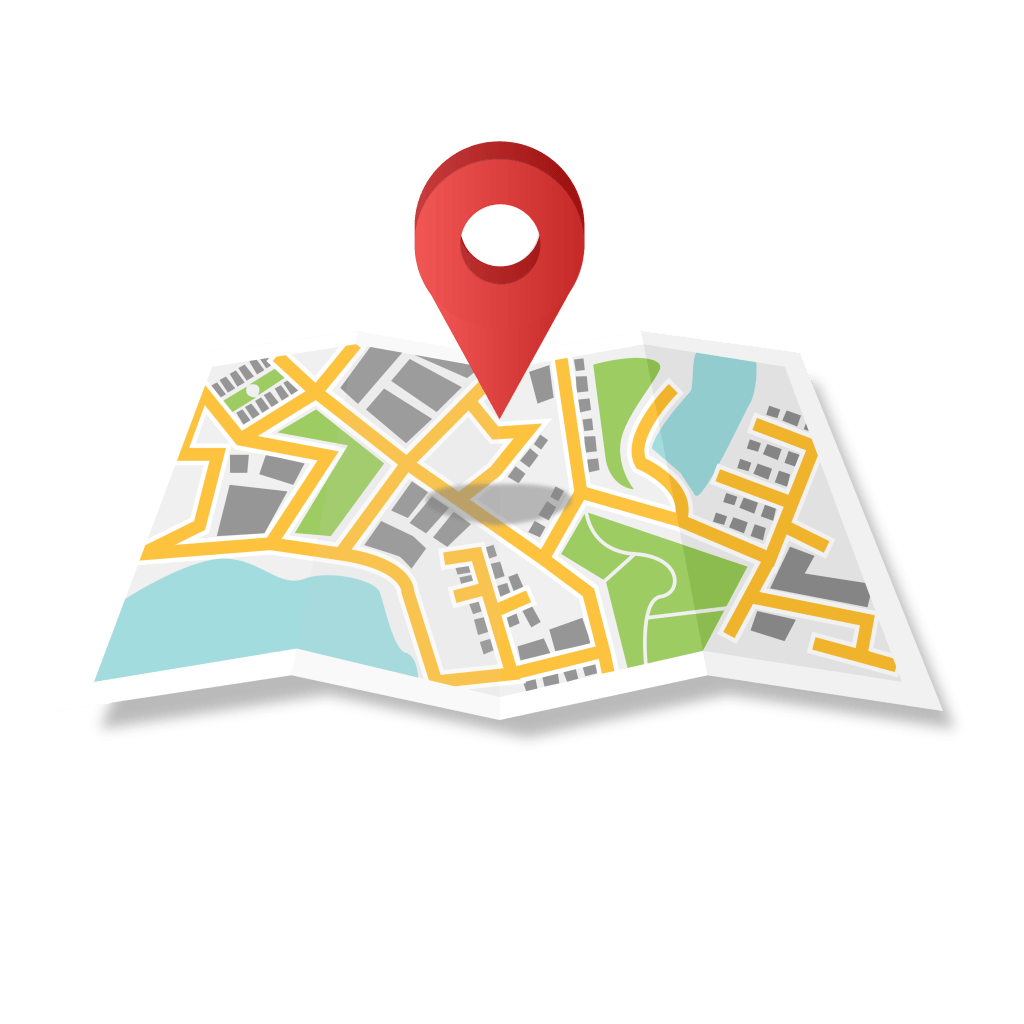
Google Map Pack is the first result that shows up in organic search results. It’s highly visual and tends to attract the user’s attention quickly. Even more so when a user is searching from a mobile device. This is because they’re on their phone and can more easily access and use the address and map feature.
The standard ranking factors of organic search are different from the ones for Google Map Pack. Remember that proximity is important for local SEO. Because of the physical location, proximity is one of the primary factors for Google Map Packs.
Google Map Packs also rely on Google My Business reviews. These aren’t usually a considerable ranking factor in organic search results, but they translate to active customer engagement for Google My Business. Google considers reviews an indication the listing is active and relevant.
2. Organic Search Results
Organic search results are also important for local SEO. These are the foundation of virtually all search engine optimisation strategies. Especially since most of the ranking factors are based on organic user searches; the relevance of the site or business to those searches.
For this, you can take the traditional B2B SEO strategies and shift them toward local optimisation. You can do this by using geographic modifiers in your headlines, SEO tags, and content.
Here are some best practices:
- Backlinks and referring domains
- Technical SEO
- Content development and marketing
These must be implemented correctly with geographic location prioritised. It also requires high-quality content that positions you as an industry expert. Google favours content that is trustworthy, authoritative, and informative.
Your backlinks and referring domains also need to be credible and authoritative, passing some of that authority onto you. Working to build high-quality backlinks from authoritative sources shows Google that you’re well regarded in your industry and provide value.
You also need to support your own content with links to authoritative sources. Statistics, claims, and statements should be supported with external links to boost credibility. That includes research journals, trade publications, and other expert sources.
3. Reputation Management Sites
Reputation management sites are often overlooked with SEO, but they’re incredibly important. You may know them as review sites, and they show up everywhere in local search results.

Some of the most common reputation management sites include TripAdvisor, Yelp!, and UpCity, which are designed to provide business information and customer reviews. These websites are competing for local SEO across the nation, and that’s why they tend to show up on the first page of the Google search results.
They’re not competitors, though. Think of them as partners.
The first page of the Google search results page doesn’t have a lot of individual sites and pages. Space is taken up by ads, related questions and other information. At best, you can only get one or two of these positions, and the reputation management sites will take up a few more.
But you can use that to your advantage. Because these sites often have high rankings, you can add your business listing to the site and work on getting a high ranking on that site. Some sites favour listings with a high volume of reviews, while others favour sponsorship. It’s important to determine which one matters more to the site you’re trying to rank on, and work with the company to boost your exposure.
In addition, it’s important to respond to reviews to show that you’re engaging with customers and looking to serve their needs, especially if reviews are negative.
You can’t please everyone, but you can flip the script on a negative review and shift the narrative in your favour to leave a good impression of your service for future customers and prospects.

Combining Tactics for Local SEO
Gaining ground on any of these three battlegrounds is an excellent step in the right direction for boosting local SEO. You want to win all three, however, to secure your spot in the top business rankings for local SEO.
The best way to do this is also the most obvious – make it about the customer. All marketing strategy centres around the customer to some degree, and SEO is no different. You need to see things from the customer’s perspective and envision their journey from brand awareness to making a purchase.
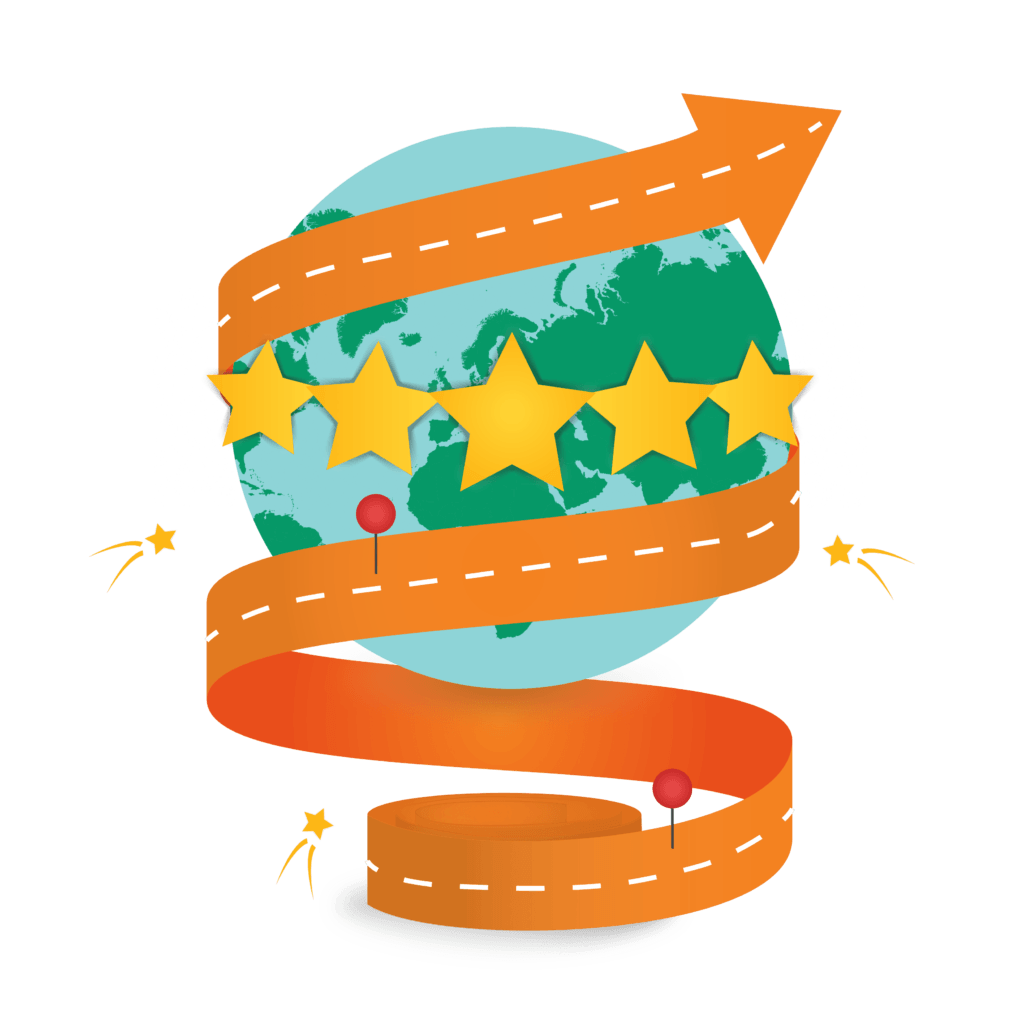
If a customer is conducting a local search and your business comes up on Google Map Pack, complete with a high volume of reviews that are highlighted at the top, they may become interested in your website.
From there, they may choose to look deeper into your business by searching reputation management sites and reading some authentic reviews to see the general sentiment toward your business.
Just a few steps and the customer has a wealth of information about your business and a bunch of touchpoints. You’re already beginning to build trust before they even interact with your business directly.
Keep in mind that most customers don’t seek out information on Google and buy the first listing that pops up. Consumers are savvier than ever and take time to research businesses and potential purchases before making a decision.
Developing your local SEO ensures that all the information they come across is comprehensive and provides the information they need to ultimately make the purchase.
Cover Local SEO
When you optimize local SEO and cover the three battlegrounds effectively, you put your business in a strong and competitive position on Google search and boost customer traffic.
It takes some work to build links, boost rankings on reputation management sites, and optimize content, but it’s worth the payoff in having a tightened up local presence for your business.


Jason Khoo
Jason started freelancing in SEO back in college, sold his first agency, and now is founder of Zupo, which is an Orange County based SEO consulting agency helping construct powerful long term SEO strategies for our clients. Jason also enjoys multiple cups of tea a day, hiding away on weekends, catching up on reading, and rewatching The Simpsons for the 20th time.


